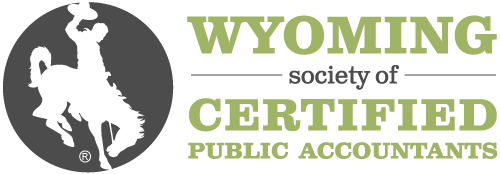Description
This exceptional course surveys wills, living trusts, gifts, marital property, and probate avoidance. Will and trust forms are explored along with living wills, durable powers of attorney, and nominations of conservator. Designed to eliminate estate problems and death taxes, the emphasis is on practical solutions that are cost effective.
Highlights
• Estate Planning • Estate & Gift Taxes • Wills & Probate • Trusts • Entities & Title • Life Insurance, Annuities & Buy-sell Agreements • Special Business Issues • Estate Tax Freeze Rules • Elderly & Disabled Planning • Post-mortem Planning & Tax Return Requirements
Objectives
• Identify basic estate planning elements noting the importance of well-drafted legal documents and specify the key team participants including their roles in estate planning process. • Identify potential death taxes including federal estate tax as it applies to various size estates, specify the principal taxes that impact death taxation, and determine the expiration of the death tax credit. • Specify types of wills noting functions a will can perform, identify types of bequests, determine the duties of executors and guardians, and recall ways to hold title and their tax ramifications. • Identify the relationship of parties in a trust, reasons to establish a trust, and types of trusts noting their estate planning function. • Determine S corporation rules noting tax advantages and disadvantages and also specify disadvantages and advantages of incorporating a farm. • Specify persons in which rights are placed by life insurance and reasons to purchase life insurance. • Identify reasons why a business interest must be valued in an estate that is subject to federal estate tax, specify factors used to determine the net value of a business under the regulations, and recall the valuation factors in R.R. 59-60 noting their impact. • Determine the benefits of an estate freeze and its ability to reduce the value of a business interest, identify transactions to which Chapter 14 rules apply and terminology used in the Chapter 14 valuation rule that applies to corporations and partnerships, and specify exceptions to 2701. • Cite the eldercare benefits of Medicare, Medicaid, and Supplemental Security Income, identify disadvantages of the Medicaid program noting how to divide income into asset groups, specify the dangers and benefits of gifting to family members, including how individuals might use private insurance for catastrophic illness. • Determine post-mortem estate planning action in the face of funeral and administrative expenses using
Designed For
This program is appropriate for professionals at all organizational levels.
Registration for this course has passed.
Course Pricing
WYOCPA Member Fee
$529.00
Non-Member Fee
$699.00
Your Price
$699.00
Upcoming Courses
-
K2's QuickBooks for Accountants 25-26
January 16, 2026
-
Advanced Tax Planning S Corporations - Tax Staff Essentials
January 16, 2026
-
2025 Annual Update for Accountants & Auditors
January 16, 2026
View all upcoming courses
